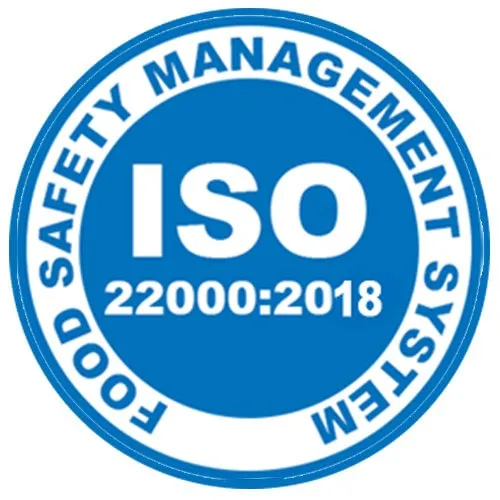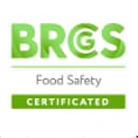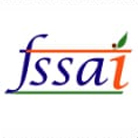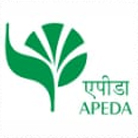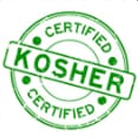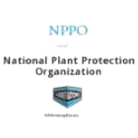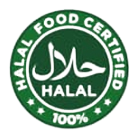How can ISO Certification aid the food industry?
The food and food product businesses have become extremely diverse today. In addition, the demand for clean and hygienic food has increased in recent years, making it imperative for businesses to meet consumer expectations. These industries can establish a well-managed system in the food chain business with ISO certifications. ISO Certifications aid in assessing, identifying, and controlling dangers or risks to food safety.
Regardless of their size or quality, all food manufacturers and suppliers are responsible for managing the quality of their products. In this regard, ISO certification is their best option, enabling your company to provide clients with healthy and safe meals. ISO 22000 Certification is the ISO standard most suited to these businesses. ISO 22000 Certification is a world-recognized standard that aids your business in developing widely accepted food safety procedures. This standard also protects fundamental concepts, such as hazard analysis and crucial control points (HACCP).
Why is ISO Certification essential to the food industry?
The food industry is a global network of businesses that supply food products to most of the world’s population. The food sector is one of the country’s leading industries and plays a vital part in its economic development. Therefore, these industries have consistently high expectations for delivering quality-assured food items and services.
And only the globally accepted trademark can guarantee these industries’ quality management. An ISO trademark will bind clients to the fact that the food industry’s services adhere to internationally recognized ISO standards. With the aid of ISO Certifications, food-based enterprises can demonstrate their compliance with the relevant standard and their ability to meet the needs of clients or food consumers.
So, the absolute necessity for ISO Certifications is desirable at every stage of the food industry’s service delivery.
In this context, the following points are highlighted below:
- With ISO 22000 certificates, businesses can provide food items or services of a higher quality.
- ISO accreditation for the food business optimizes resource utilization and eventually increases your industry’s profitability.
- ISO certificates can potentially stimulate economic expansion.
ISO certification’s advantages for the Food and Food Products industry
The globally essential ISO Certifications play a significant function in enhancing your food chain business. ISO standards for these industries are incredibly advantageous since they can satisfy the needs and desires of the consumer, hence maximizing the company’s revenues. Therefore, ISO Certifications can assist your corporation in advancing its food-based enterprise in the global food chain.
The following are some perks of ISO certification for food industries:
- ISO Certification facilitates the maintenance of environmental, health, and safety measures inside an organization and the reduction of food-related risks and environmental concerns.
- ISO accreditation for businesses in the food supply chain facilitates the effective and efficient delivery of products and services.
- The ISO standard for the food industry is extremely beneficial to your organization since it evaluates and identifies all the risks associated with your food development processes and provides a solution to mitigate them.
- ISO Certification reduces the incidence of foodborne infections.
- ISO Certification reduces the incidence of foodborne infections.
Which ISO certifications and standards are needed for the food industry?
The International Organization for Standardization (ISO) publishes some standards that facilitate the implementation of management systems to deliver quality products and services as well as enable compliance with the applicable standard.
ISO 9001, ISO 14001, and ISO 45001 are the most prevalent ISO standards for all types of food industries. However, ISO 22000 certification is the most essential and significant ISO standard for food companies.
Food Safety Certification
